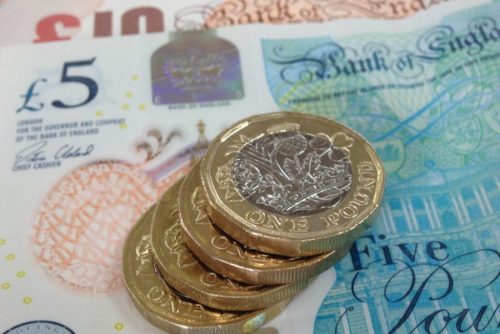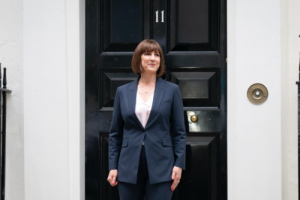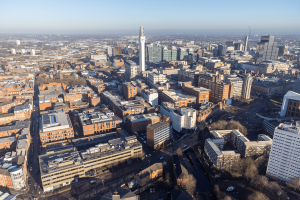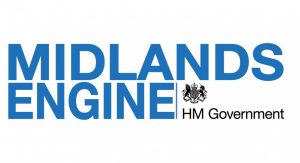Inflation rises to 10-month high

The rate of inflation increased last month to 3.0%, as food and fuel drove the key economic figure to a 10-month high.
It is the highest level for the Consumer Prices Index (CPI) since March, and a jump from December’s 2.5% measurement. However it is a long way from the 10%-plus figures seen two years ago.
Although the increase was slightly higher than the 2.8% figure expected by city economists for January, inflation is expected to rise this year with the Bank of England forecasting it to hit 3.7% later in 2025.
The higher-than-expected figure reduces the chance of an interest rate cut next month even further, although it had not been likely after the quarter-point cut announced two weeks ago. The Bank of England has a target of 2% inflation and lower interest rates can cause inflation to rise as it stimulates economic activity.
Chancellor Rachel Reeves said: “Getting more money in people’s pockets is my number one mission. Since the election we’ve seen year on year wages after inflation growing at their fastest rate – worth an extra £1,000 a year on average – but I know that millions of families are still struggling to make ends meet.”
The largest upward contribution to the monthly change annual rates came from transport, and food and non-alcoholic beverages.
However the volatility in the data is shown by the fact the cost of petrol and diesel increased, adding to the rate of inflation, but both remain cheaper than a year.










